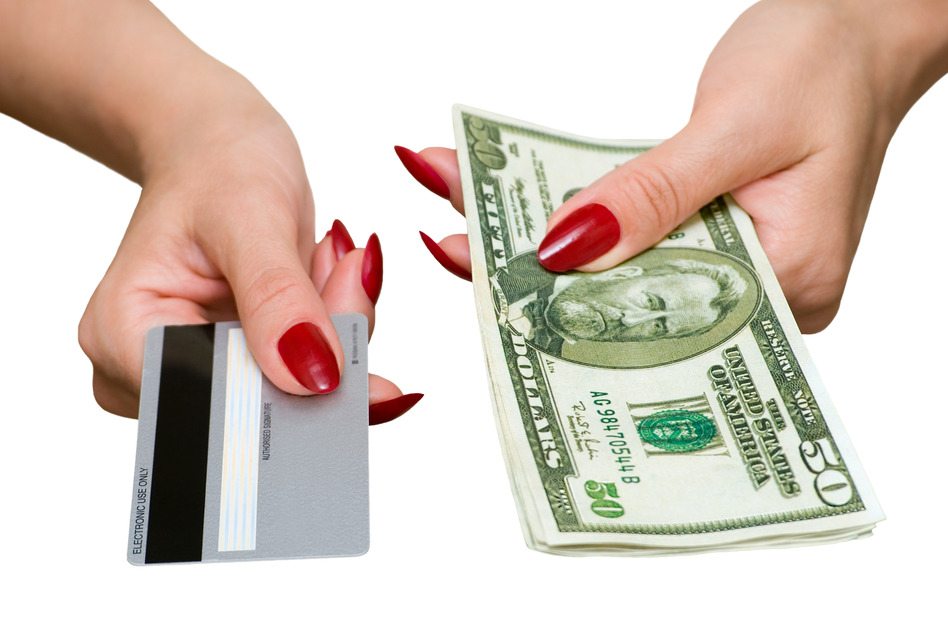Are you the kind of person who is always looking for a clever way to save money? Then you are probably a fan of all sorts of legal ways to “hack” the system such as travel hacking and other forms of “life hacking.” When it comes to the credit cards in your wallet there are actually many perfectly moral and legal ways to manipulate the system in order to reduce the cost of your interest and fees.
Here are seven of the best credit card hacks:
1. Reconsideration
If you’ve ever had a credit card application rejected, then you are probably wondering what you could have done to prevent it. The truth is that some applicants are turned down, even when they have excellent credit. The reasons for the denial could vary from having too many recent applications, to already having too much credit extended. Nevertheless, you can actually call up the card issuer and have your application manually reviewed by a representative. At that time, you can suggest transferring part of your credit line or even closing an existing account, in order to reduce their exposure to a potential default. You can also use this opportunity to update your application to include any sources of income that you neglected to list.
2. Requesting Late Fee Waivers
Everyone makes mistakes, but making a late payment to your credit card account can be very costly. Thankfully, card issuers are eager to waive these late charges upon request in order to retain their customers. The credit card industry is extremely competitive, and card issuers spend heavily to attract new customers. Therefore, it’s usually worth it to them to waive a late fee, and possibly even interest charges, in order to keep a good customer.
3. Waiving Annual Fees
Like late fees, a credit card’s annual fee is one that you might be able to have waived if you call your card issuer. In some cases, the fees will be waived easily, while other times you may even have to indicate your intention to cancel the card, citing late fees as the reason. Doing so will likely result in your account being transferred to another representative in their “retentions” department, where they are empowered to waive fees or offer other benefits to keep you as customer. For example, a card that offers reward points or miles may not waive your annual fees, but it may offer you additional rewards worth as much or more as the annual fee.
4. Bonus Bumping
Have you ever signed up for a credit card with an attractive sign-up bonus only to learn that there was a different offer available with an even better bonus? Not to worry, as you may be able to request to receive the other offer. To try it, simply contact your credit card issuer, inform them of the offer, and request that the other “offer code” be applied to your account.
5. Asking for Bonus Rewards
Many credit card issuers offer promotions that can allow you to earn bonus rewards in the form of points, miles or cash back. For example, you may receive 3x rewards by making purchases at gas stations or supermarkets during a specified time period. Sometimes the offers arrive online or in the mail, but other times you need to call and ask for them. By making a quick call to your card issuer every few months, you can ask if there are any bonus offers that can be applied to your account.
6. Trying Different Channels of Communication
With most of these hacks, a simple call to their customer service is all that is necessary. But if you are unable to achieve the desired results, don’t give up. First, try politely hanging up and calling back, as a different representative may be more willing or able to assist you. Then, you can try sending a secure message through your card issuer’s web site, if that service is available. Finally, you can try reaching out to their customer service via social media using platforms such as a Twitter direct message. Just like a child who asks Mom when Dad says no, you can try communicating with different departments of your card issuer to get what you want.
7. Requesting a Charge Back
When faced with an unscrupulous merchant, many people attempt to do battle with the company that is treating them unfairly. But rather than waste time and energy arguing with a business that won’t do the right thing, you can contact your credit card issuer and request a chargeback. The Fair Credit Billing Act specifies that credit card users can receive a refund if they do not get what they paid for, or if the goods or services received are not what was ordered. The process is very simple, and you will immediately receive a temporary credit that will become permanent once you supply documentation supporting your claim.





I read your lessons pratically everyday, you are always absolutely right. It comes from ignorance on the regular public on how to try to pull it together and make it right again. Granted, it is mostly our fault, amongest other things unprepared for that we over-use our credit cards. No one wants to get in this position but sometimes when your back is against a wall you believe you just can’t make it any worse. But, lessons like you have presented show the picture of correction of self faults and you give us hope. I don’t know what your position is, whether you just teach or whether you actually are someone that can stand in for the wrongful doer and straighten the debt out. I would totally trust you if you work for folks on their behalf. Thank you again for your knowledge on credit and credit cards, Sincerely, Barbara